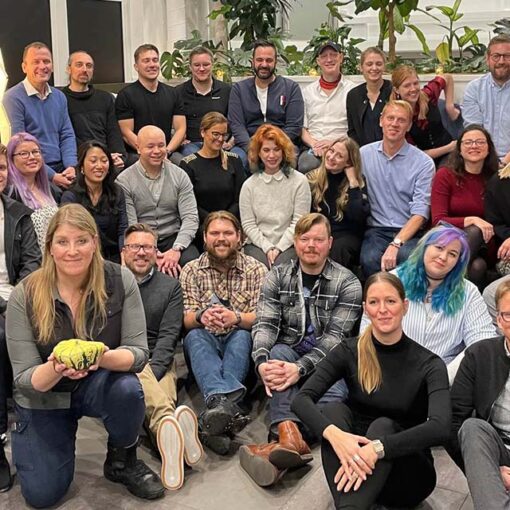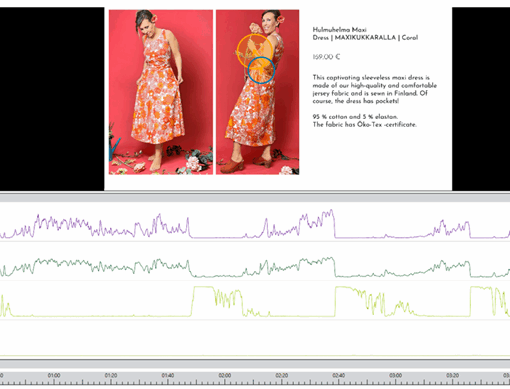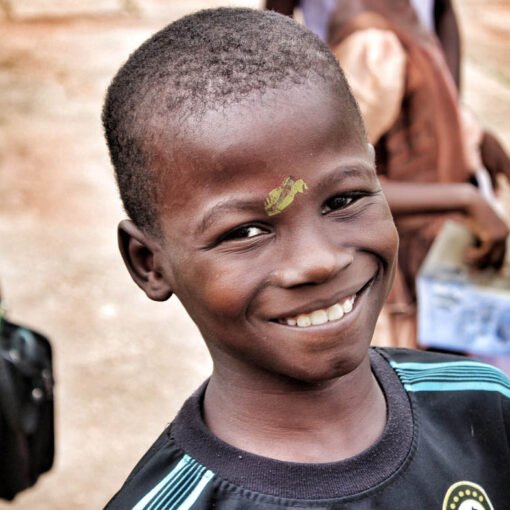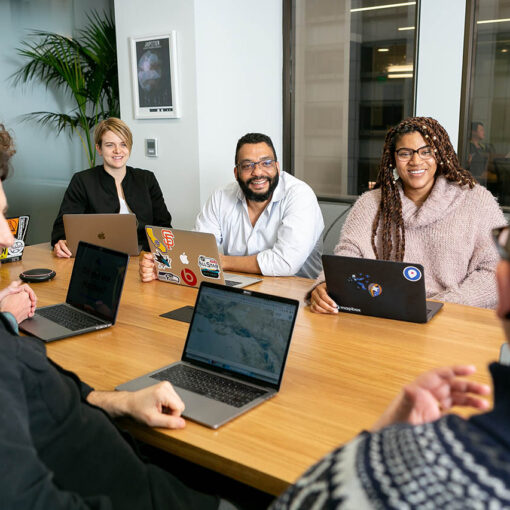A mental health app for young people, collecting plastic waste from the sea, or providing shelter for animals and connecting them with lonely citizens, don´t they sound like solutions that could be useful in many places? These are examples of social venture ideas that international student groups invented during the intensive week at the University of Tartu. In this blog, we describe the main learning outcomes of the intensive week and share some experiences of the intensive week.
Learning by co-creating
Social entrepreneurship has gained attention in scholarly and political agendas. It can be defined as entrepreneurship solving social problems, often with means of social innovation processes (OECD 2010). The intensive week was planned and organized by iSEE – Innovating Social Entrepreneurship Education -project (LAB 2022). The organizers come from four higher education institutions, LAB University of Applied Sciences, University of Tartu, KTH Royal Institute of Technology, and Riga Technical University. The students had different backgrounds and different levels of studies: they were studying bachelor-level degrees in business or master´s degrees in engineering.
Entrepreneurial Competence Framework sees entrepreneurship as the capacity to act upon opportunities and ideas and transform them into value for others. The value that is created can be financial, cultural, or social (Bacigalupo et al. 2016). The course aimed to support learning by doing and by creating value and teaming up with other students from other institutions in Sweden, Finland, Estonia, and Latvia. The course aimed to provide some practical and theoretical knowledge about societal challenges, social ventures, corporate social responsibility aspects, and business models. On the other hand, the emphasis was on developing skills: being creative together, spotting opportunities, assessing ethical and sustainability aspects, and learning by co-creating.
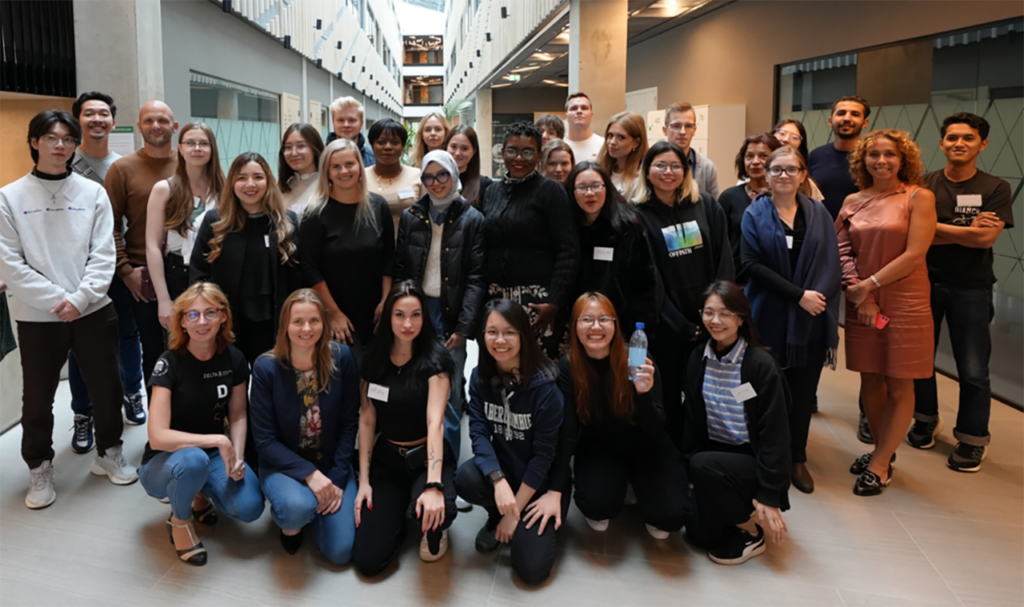
Experiences from the learning process
Overall, the concept of social entrepreneurship was new to most of the students. However, some of them had already some knowledge about businesses that solve social problems while doing business. Some of the students had already gained experience as an entrepreneur!
Teamwork played a major role in the course. The international teams have many elements of diversity: people from different cultural backgrounds and different knowledge worked together. Being creative in a group of new people is always a challenge – and perhaps cultivating open communication, listening, and being encouraged to share ideas and build on others’ ideas as well as encouraging others to share their views were the most important ingredients of the recipe for successful ideating as a group.
The days were full of activities. On the fifth day, the student groups presented their social venture ideas. The ideas were more developed than anyone could expect in such a short time. The students got encouraging and improving feedback from two Estonian entrepreneurs. They asked critical questions such as where the revenues come from or who your competitors are. Developing a social venture idea is not an easy task: it is about creating a social or environmental mission but also a business model that creates and captures value.
Authors
Heidi Myyryläinen works as a RDI Specialist at Business Unit at LAB University of Applied Sciences.
Anna Pajari works as a Senior Lecturer at Business Unit at LAB University of Applied Sciences.

References
Bacigalupo, M., Kampylis, P. Punie, Y. & van den Brande, G. 2016. EntreComp: The Entrepreneurship Competence Framework. Luxembourg: Publication Office of the European Union; EUR 27939 EN. Cited 15 Nov 2022. Available at https://publications.jrc.ec.europa.eu/repository/handle/JRC101581
LAB. 2022. LAB University of Applied Sciences. iSEE. Innovating social entrepreneurship education. Project. Cited 15 Nov 2022. Available at https://www.lab.fi/fi/projekti/isee-innovating-social-entrepreneurship-education
OECD. 2010. Social Entrepreneurship and Social Innovation SMEs, Entrepreneurship and Innovation. Paris: OECD Publishing.

